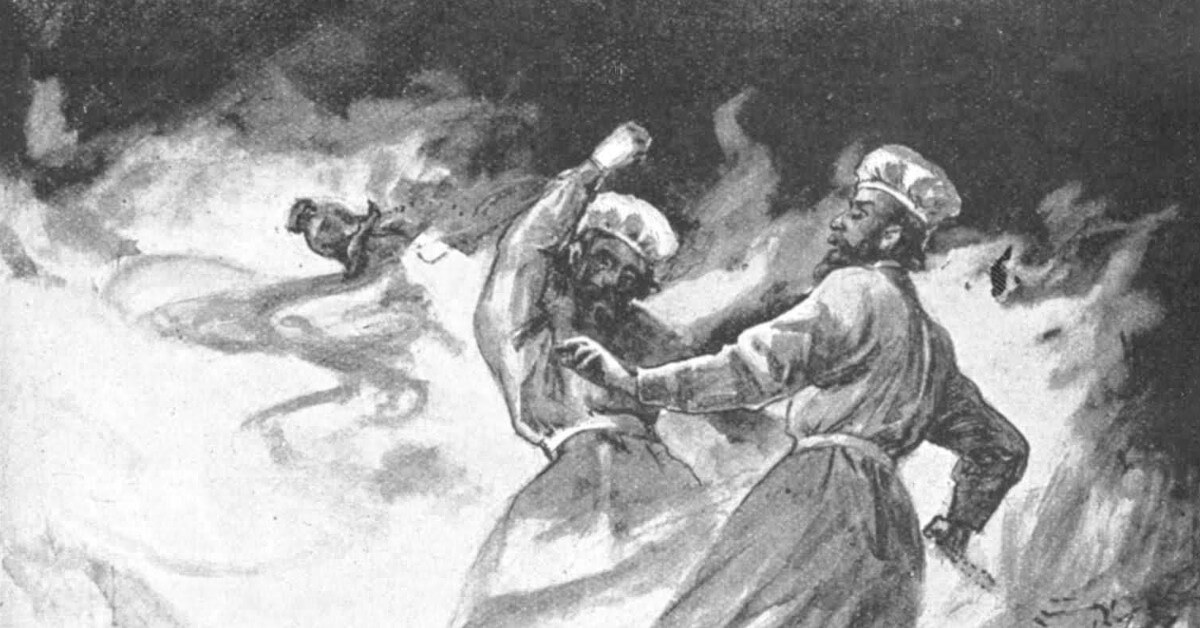I taught a class last week on how New Testament Christians should understand the Old Testament law, and I knew the first question that would be asked as soon as I was done. Sure enough: “What about the Sabbath? Does that commandment still apply to us today?”
For some modern American Christians, that’s a silly question: Of course it doesn’t. Jesus abolished the Sabbath requirement, as verses like Colossians 2:16 make plain. For other Christians, it’s a silly question for the opposite reason: Of course we should keep the Sabbath. It is a command of God, rooted in his work of creation and redemption, making it one of the commandments which Jesus warns against discarding in Matthew 5:17-20.
For other Christians, the question of the Sabbath is a matter of confusion and guilt. You are not sure what to think, but you suspect you may be displeasing God and missing some blessing which could come from using Sunday (or is it Saturday?) differently.





